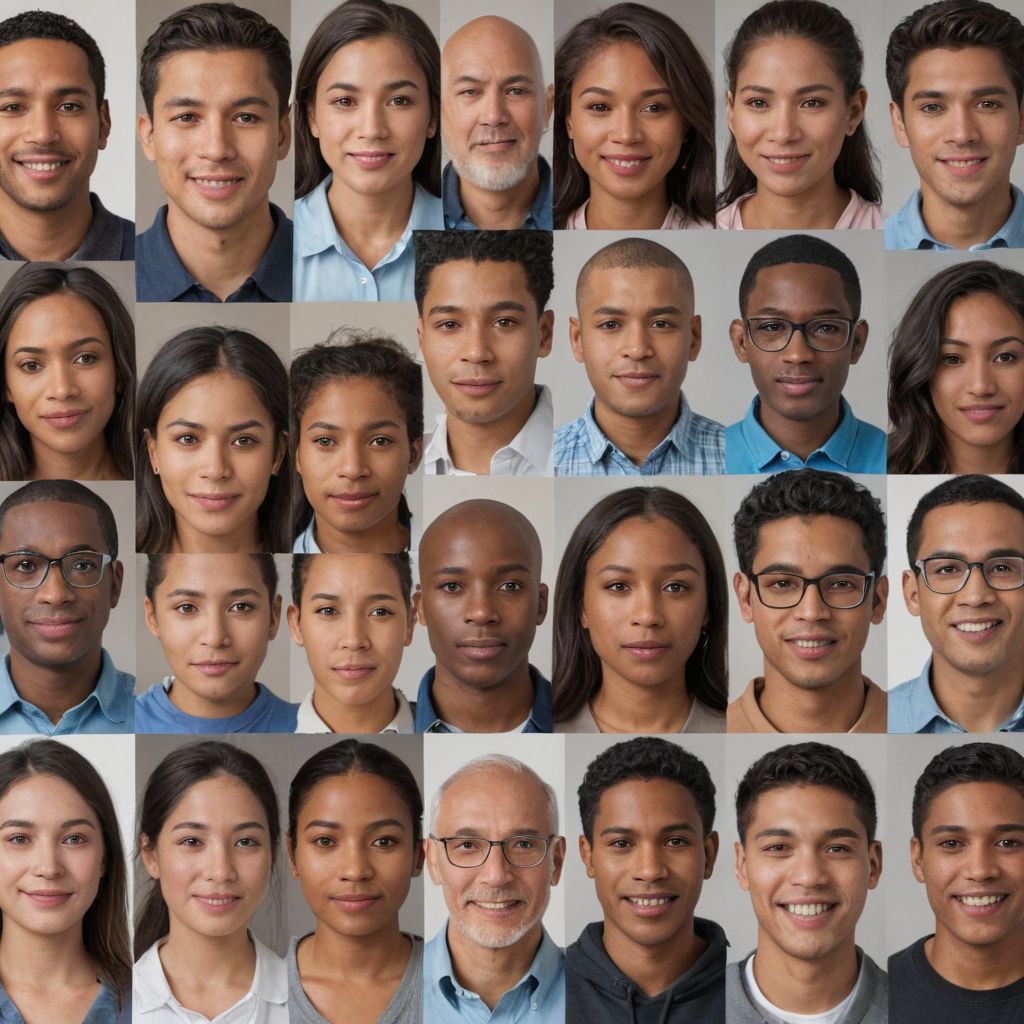June 15, 2024
Why AI Education is Important for Young People and Underrepresented Communities
Try Creating Your Own Product Photos For Free

Why AI Education is Important for Young People and Underrepresented Communities
Today, we’re diving into a topic that’s close to our hearts: the importance of AI education for young people and underrepresented communities. As technology continues to shape our world, ensuring that everyone has access to AI education is crucial for creating a more inclusive and equitable future. Let’s explore why AI education matters and how it can empower these groups.
The Growing Influence of AI
Artificial Intelligence (AI) is no longer a futuristic concept; it’s a part of our daily lives. From virtual assistants like Siri and Alexa to personalized recommendations on Netflix and Amazon, AI technology is everywhere. As AI continues to evolve, its influence on various industries—including healthcare, finance, transportation, and entertainment—will only grow stronger.
Why AI Education Matters
1. Bridging the Digital Divide
One of the most significant benefits of AI education is its potential to bridge the digital divide. Many young people and individuals from underrepresented communities lack access to technology and digital literacy skills. AI education can provide these communities with the knowledge and tools they need to participate in the digital economy.
2. Creating Equal Opportunities
AI education can level the playing field by providing equal opportunities for all. When young people and underrepresented groups have access to AI education, they can pursue careers in high-demand fields that were previously inaccessible. This can lead to greater economic mobility and a more diverse workforce.
3. Empowering Innovation
Innovation thrives when diverse perspectives come together. By educating a broader range of individuals in AI, we can foster creativity and innovation in the tech industry. Diverse teams are more likely to develop innovative solutions that address the needs of various communities.
4. Addressing Bias and Ethics in AI
AI systems are only as unbiased as the data and perspectives used to create them. Educating a diverse group of people in AI can help ensure that these systems are designed with fairness and ethics in mind. This is crucial for developing AI technologies that serve everyone equitably and responsibly.
5. Preparing for the Future Job Market
The job market is rapidly changing, with AI and automation playing a significant role in shaping the future of work. AI education can prepare young people and underrepresented communities for the jobs of tomorrow, ensuring they have the skills needed to thrive in an AI-driven world.
How AI Education Empowers Young People and Underrepresented Communities
1. Building Digital Literacy
Digital literacy is the foundation of AI education. By teaching young people and underrepresented communities the basics of technology and computing, we can equip them with the skills needed to understand and engage with AI.
2. Providing Hands-On Learning Opportunities
Practical experience is essential for mastering AI concepts. Hands-on learning opportunities, such as coding boot camps, workshops, and hackathons, allow individuals to apply their knowledge and develop real-world skills. These experiences can also spark interest and passion for AI.
3. Offering Mentorship and Support
Mentorship and support are critical for success in AI education. Providing access to mentors, tutors, and role models can help individuals navigate the challenges of learning AI and stay motivated. This support network can also offer valuable career guidance and networking opportunities.
4. Creating Inclusive Learning Environments
Inclusive learning environments are key to making AI education accessible to everyone. This means offering flexible learning options, such as online courses and evening classes, as well as providing resources like scholarships and financial aid. It also means fostering a culture of diversity and inclusion within educational institutions.
5. Encouraging Community Engagement
Community engagement is a powerful way to promote AI education. By involving local organizations, schools, and businesses, we can create a supportive ecosystem that encourages learning and growth. Community-driven initiatives can also help identify and address specific needs and challenges faced by underrepresented groups.
Real-World Impact of AI Education
1. Economic Empowerment
AI education can lead to economic empowerment by opening doors to high-paying jobs and entrepreneurial opportunities. Individuals with AI skills are in high demand, and this demand is only expected to grow. By equipping young people and underrepresented communities with these skills, we can help them achieve financial stability and independence.
2. Social Mobility
Education has always been a powerful driver of social mobility. AI education can help break the cycle of poverty by providing individuals with the skills and opportunities needed to improve their socioeconomic status. This can have a ripple effect, benefiting families and entire communities.
3. Community Development
AI education can contribute to community development by fostering local talent and innovation. When individuals are empowered with AI skills, they can use this knowledge to address local challenges and create solutions that benefit their communities. This can lead to improved quality of life and sustainable development.
4. Representation in Tech
Increasing representation in the tech industry is crucial for developing inclusive and equitable AI technologies. By educating a diverse range of individuals in AI, we can ensure that the voices and perspectives of underrepresented communities are included in the development process. This can lead to fairer and more ethical AI systems.
Conclusion
AI education is a powerful tool for creating a more inclusive and equitable future. By providing young people and underrepresented communities with access to AI education, we can bridge the digital divide, create equal opportunities, empower innovation, and address bias and ethics in AI. Moreover, AI education can prepare individuals for the future job market, leading to economic empowerment, social mobility, and community development.
We’re committed to making AI education accessible to all. We believe that everyone should have the opportunity to learn and grow in this exciting field, regardless of their background or circumstances. By working together, we can ensure that the benefits of AI are shared by all and that no one is left behind.
Thank you for joining us in exploring the importance of AI education. If you have any questions or need further guidance, feel free to reach out. We’re here to support you on your journey to mastering the world of AI technology.
Happy learning, and let’s build a brighter future together!
Try Creating Your Own Product Photos For Free
Ai Education For All
© 2024
